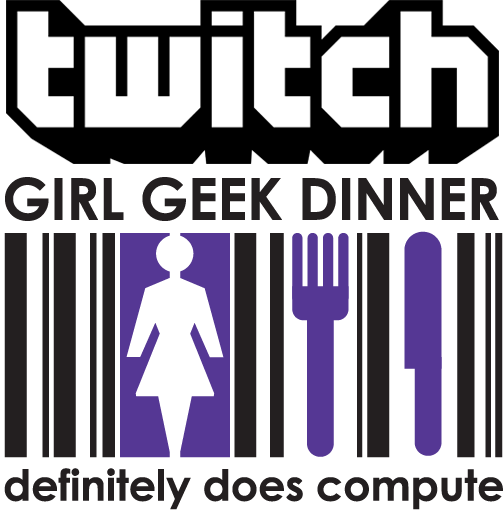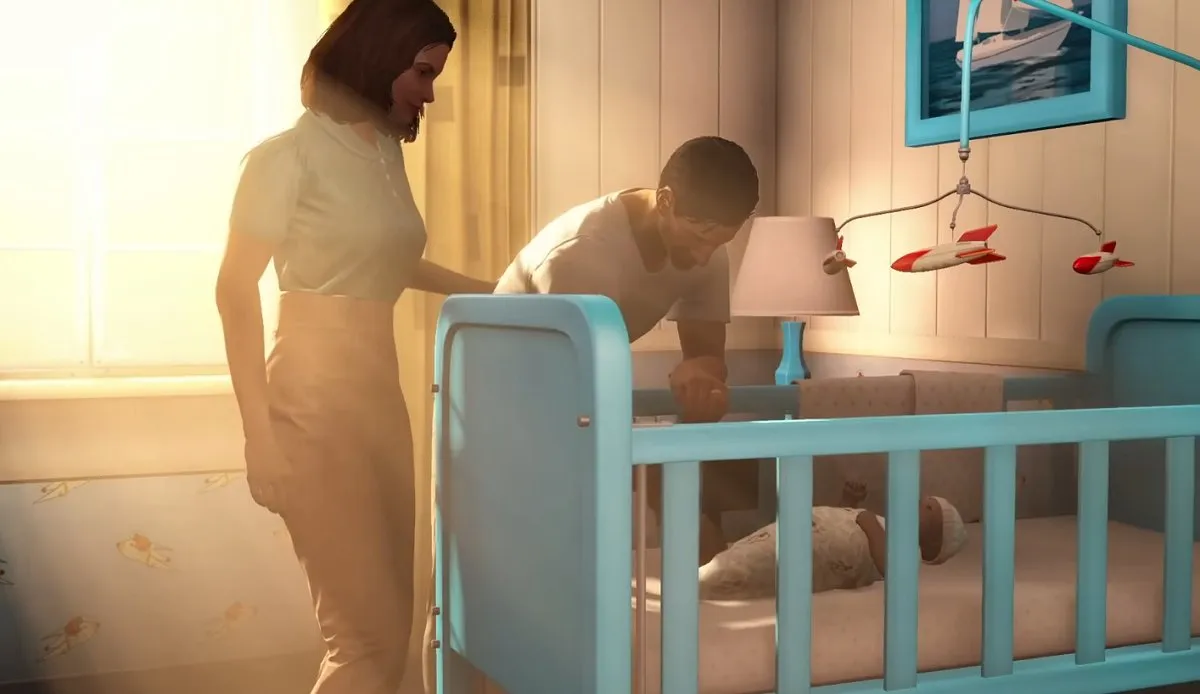Here’s something you already knew: things still suck for women working in tech. That happens to go double for women working in the games industry. Such was the topic at this panel discussion, held at Twitch’s San Francisco headquarters, where their entire dining area (which is huge, even by tech office standards) was packed to the brim with women interested in changing tech’s toxic status quo.
This panel at Twitch was part of an independent event series called “Bay Area Girl Geek Dinners,” which aims to bring together women who work in tech. Representatives of Twitch sat on this particular panel, and shared some insight about their working environment, how they got to where they are, and the impact online streaming has on forming support communities.
When it comes to being a prominent figure in gaming or tech, there’s a significant pressure around being a representative for all women. While you and I both know that women are not a monolith, that’s an idea that has yet to disseminate across the majority of the internet.
Twitch Programming Manager and broadcast partner Anna Prosser Robinson touched on this idea when she shared a personal story about a time in which she wanted to give up on streaming altogether. She said she remembered hitting a rough patch and thinking, “I have to hold the torch for everybody else.” She also mentioned there’s no easy answer to how to handle conflicts and incidents of harassment, but one key thing has kept her going through all of the junk: her support network. Sometimes all it takes is a simple reminder from a friend or loved one to tell you “we need you, we want you here,” she said.
But how does one find a support network? For Malina Das, it took venturing out into real life to find a community. Finding an in-person community takes away from the anonymity of the internet that so often lends to people’s ability to harass and abuse. Sometimes, it’s just harder to be a troll when you can put a name to a face. She also mentions the Team Fortress 2 community as it is now. According to her, it’s grown since its inception way back in 2007. While there are still pockets of terrible places, on the whole it’s a community that’s come a long way.
Robinson also shared some immensely helpful advice on how to find support. She mentioned that it’s often best to find smaller communities, places where one can speak to other people and, in turn, get to know them better. But to find smaller communities, she suggests actually looking at larger communities, like large groups on Facebook that are made up of mostly women in tech. Joining one of those groups then finding the gamers within it is one way of forming a smaller, more tightly knit community.
In a lot of ways, the dinner reflected Robinson’s advice: a large community comprised of women in tech, distilled into the smaller ad hoc community present there that night. It’s my belief that these meetups go beyond simple networking; they’re opportunities for women to find support for themselves outside of who they might typically meet at any other tech mixer.
Twitch, in particular, is an intriguing case study in how to grow communities. If the panelists involved in the discussion that night are indicative of the types of attitude shared amongst all Twitch employees–and this definitely seems to be the case–then Twitch might one day stand as one of the better places for women to gather and find community.
Don’t get me wrong: Twitch has had its share of problems and missteps, but so it goes for most large internet websites. It’s quite evident that they’re doing their best to improve things, which, to put it frankly, is more than one can say about Facebook or Twitter. And like I said: if this panel is representative of the sentiments across all of Twitch’s employees, then I’ve got a pretty good feeling about its future as a place for people to truly gather.
As for the Bay Area Geek Girl Dinners? If nothing else, this dinner and its incredibly healthy attendance represents the growing number of women who are determined to find ways of changing the narrative around working in tech. It’s important one doesn’t make the mistake of thinking that things are the way they are for lack of trying, because there are plenty of people who are trying their best to make a positive change in their industries.
What I’m hoping for in the future is a shift in discussion topics–that we don’t have to talk about the harassment and abuse that comes with being a woman in the internet, that these issues become a thing of the past. But we’re far from that point, and it’s at meetups and dinners and groups like these where the ideas and seeds for change get planted.
I guess what I’m trying to say is that I’m so glad that this group exists, as it helps renew my excitement and hopes for the future.
—Please make note of The Mary Sue’s general comment policy.—
Do you follow The Mary Sue on Twitter, Facebook, Tumblr, Pinterest, & Google +?









Published: Jan 18, 2016 03:51 pm